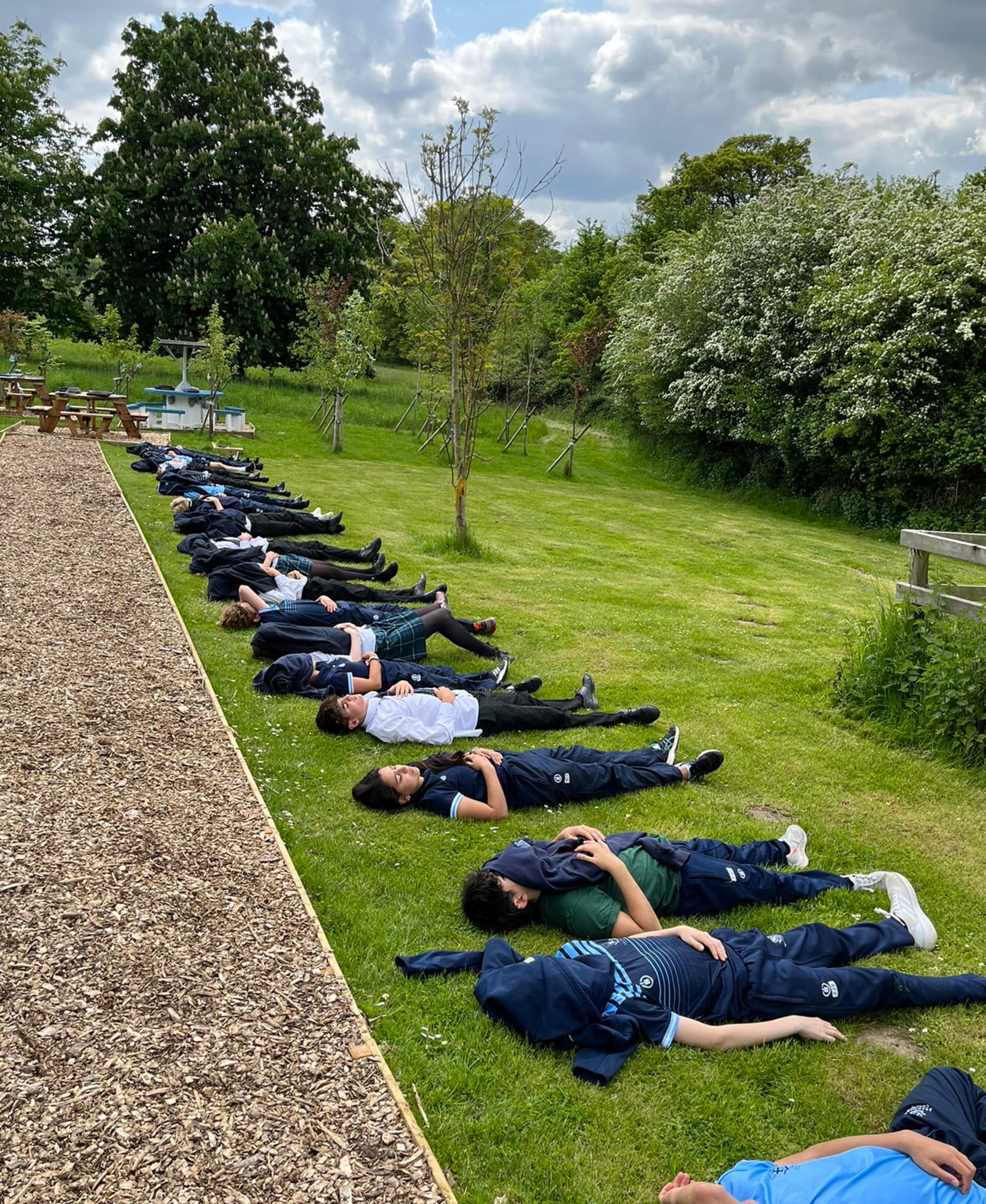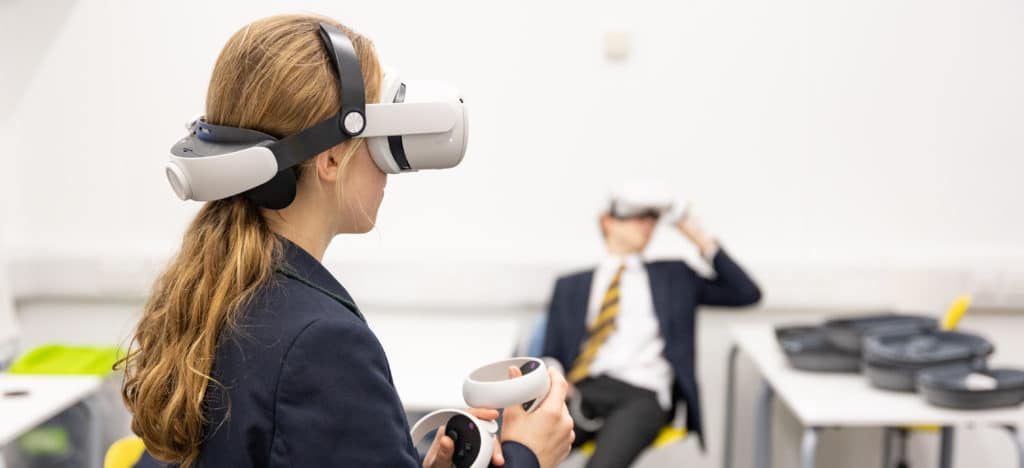Of course, it’s not just the organisation which is making a change. The pupils are driving various initiatives. This began with the introduction of a Sustainability Week, during which the focus in and out of the classroom is on sustainability including forums, speakers and competitions.
This year saw the launch of ‘The Golden Egg’ – an inter-House competition where entire boarding communities are encouraged to reduce energy and water use as well as increase recycling and biodiversity. Each House is now individually metered for water and energy and the amount and type of waste is recorded.
The initiatives launched during sustainability week have helped to instil a mentality shift, however minor, in regard to sustainability. Not only do I feel that the competition incentivised pupils and teachers to make a positive step towards a greener lifestyle, but I also feel that it brought us together as a community to reflect on how today’s actions are vital to the success of the future.
Alex (M), Sustainability Prefect
There are four components to the Golden Egg competition. Firstly, each boarding house must come together to reduce their energy consumption which has been achieved by ensuring lights are out in unoccupied rooms while pupils have been responsible for making sure plugs and cables are detached and switched off when not in use.
Secondly, pupils were rewarded with Virtual Golden Eggs during Sustainability Week by either taking direct environmentally friendly actions or by using their time in and out of the classroom to educate others on sustainable initiatives.
Thirdly, boarding houses have been challenged to decrease waste by increasing recycling while also making pledges about how pupils were going to keep sustainable efforts up throughout the year.
Finally, each boarding House entered the Earth Prize with Houses coming up with original and impactful sustainable ideas such as turning recycled aluminium cans into wearable rings and turning food waste into a sustainable textile.






